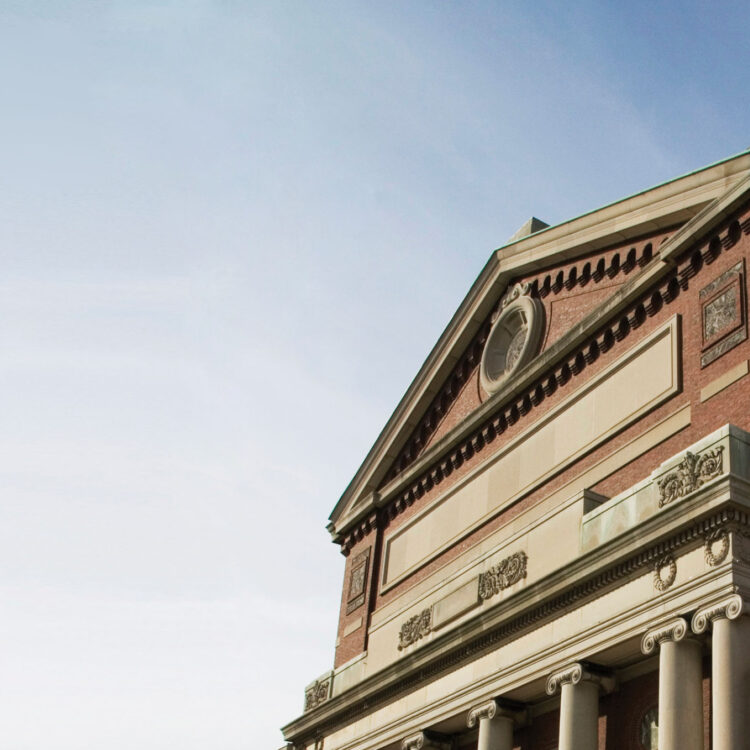This evening the BSO will give us a couple of pieces from the standard repertory along with one unfamiliar item to open. Here's the summary from WCRB:
Saturday, April 20, 2024
8:00pmEncore broadcast on Monday, April 29
Hilary Hahn returns to Symphony Hall and the Boston Symphony as the soloist in the Violin Concerto by Johannes Brahms. The program, led by Andris Nelsons, also includes Mozart’s charming, lesser-known Symphony No. 33 and Anna Thorvaldsdottir’s orchestrally imaginative Archora, inspired by the primordial energy of her Icelandic homeland.
Andris Nelsons, conductor
Hilary Hahn, violinAnna THORVALDSDOTTIR Archora
Wolfgang Amadeus MOZART Symphony No. 33
Johannes BRAHMS Violin ConcertoTo hear a preview of Brahms's Violin Concerto with Hilary Hahn, as well as her reflections of her #100daysofpractice Instagram series, use the player above and read the transcript below.
Hear more from Hilary Hahn, with Jeremy Siegel, on GBH's Morning Edition.
TRANSCRIPT:
Brian McCreath I'm Brian McCreath at Symphony Hall with Hilary Hahn, who has returned to the Boston Symphony for the Violin
The BSO performance detail page has the following overall description:
Boston Symphony Orchestra
Symphony Hall, Boston, MA
Andris Nelsons, conductor
Hilary Hahn, violinAnna THORVALDSDOTTIR Archora
MOZART Symphony No. 33
Intermission
BRAHMS Violin Concerto[…]
Opening the program is Wolfgang Mozart’s charming Symphony No. 33, followed by Anna Thorvaldsdottir's monumental work Archora, a recording of which was named among the best of 2023 by the Boston Globe, New York Times, and NPR. Closing the program, international star Hilary Hahn is soloist in one of the greatest works in the repertoire: Brahms’s Violin Concerto. Brahms composed this rich, lyrical work in 1878 for, and with the advice of, his friend Joseph Joachim, a towering virtuoso of the age.
The program notes are all linked, and could be interesting previews.
The program wasn't part of my subscription, so I can't give you any personal impressions. The review in the Globe was favorable and gives an encouraging overview of the Thorvaldsdottir piece. The Intelligencer is also favorable, with a more detailed description of the Thorvaldsdottir.
All in all, this semms like a concert worth hearing.
